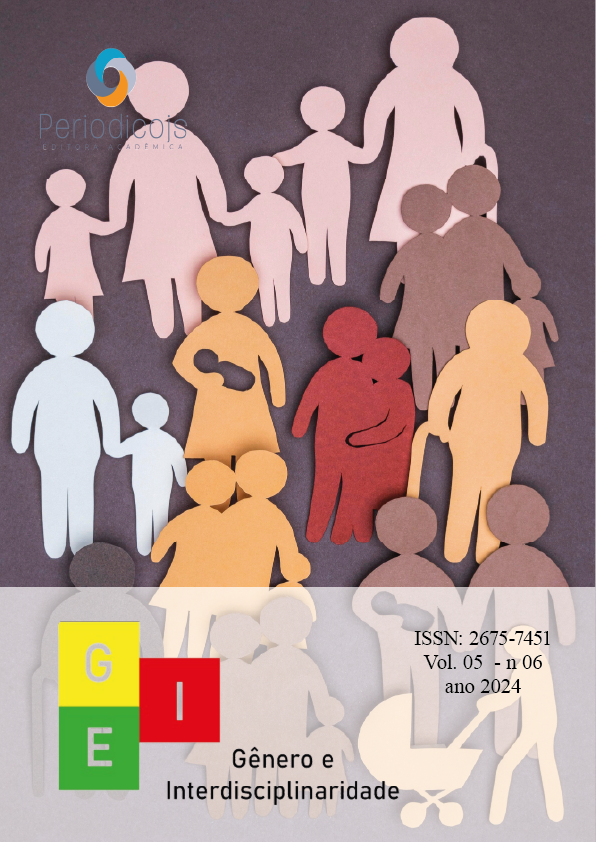Resumo
The main purpose of this study was to analyze the current situation and logistics management of parcel distribution companies in Ciudad del Este during the 2022 school year. The methodology used qualitative descriptive research has been used, which has served to develop the most important aspects of this work, from the approach to the contracting of the results obtained in the interview conducted. The interview technique was applied in a population of 10 companies located in Ciudad del Este, of which 3 companies were taken for the application of the research, the surveys were directed to the managers and officials in charge of logistics management. The research work consists of four units. Unit 1: Logistics planning system. Unit 2: Distribution logistics. Unit 3: Distribution planning. Unit 4: Quality control. The findings indicated that the different units of the logistics process such as: inventory management, load distribution and transport managers, information flow and order processing, storage and distribution have a favorable influence on the logistics management of the companies studied. Based on the results in all companies, in order to achieve competitive advantages, a comprehensive logistics system is necessary that allows all processes to be carried out in an orderly and efficient manner, thus reducing costs, organizing processes, exercising control and improving each of the company's areas. With the constant improvement of transport, and the correct distribution of materials in the construction process, it will be more efficient and this will lead to a reduction in direct and indirect costs.
Referências
Andrews, K. (1984). El concepto de estrategia de la empresa. Ediciones Orbis.
Arango, L. (2017). Indicadores de desempeño para empresas del sector logístico”: Un enfoque desde el transporte de carga terrestre. Medellín,
Baca, U. (2001). Evaluación de proyectos. Cuarta edición. Editorial McGraw-Hill
Ballou, R. (2004). Logística: Administración de la cadena de suministro. México DF: Prentice Hall INC.
Beltrán, J. (2016) Procesos para gestión de logística terrestre de cadena de suministro de un supermercado. https://www.blog/contador/que-es-un-ingreso- ad/
Casanovas, A. (2000). Logística empresarial. Barcelona: Gestión.
Castillo, (2015). Modelo gerencial para el sistema de gestión logística en las pymes del sector lácteo. Colombia
Colmenares A. (2007). Aproximación teórica de los modelos conceptuales de la calidad del servicio.
De la Fuente (2013). Administración y Logística. Editorial PJ. Guayaquil. De la Fuente 2013
Domínguez, H. (2001). Sistema de logística y suministro de combustibles. Perú.
Fernández, J. (2013). Gestión de Operaciones y logística (Editorial, p. 142).
González, D. (2018). Logística Empresarial. Administración de las Operaciones. Universidad Nacional de Mar del Plata.
González, T. (2018) Diseños de procesos para gestión de logística terrestre en la empresa Danec S.A”. Guayaquil.
Grönroos, J. (2006). (2005). Revisión del concepto de calidad del servicio y sus modelos de medición. Innovar, 15(25), 64-80.
Guerrero, S. (2013). Desarrollo de una para venta de servicios de transportación terrestre bajo el modelo de negocio de tarjeta prepago (Bachelor’sthesis, Quevedo: UTEQ).
Hernández, R., Collado, C., y Baptista, P. (2014). Metodología de la Investigación (6a ed.). McGraw-Hill Education.
Laverdes, J. (2012) Propuesta de un sistema de gestión de transporte de carga terrestre para una empresa de servicios petroleros. Colombia
Monterroso, A. (2000). Modelo de un sistema de gestión logística en las del sector de encomiendas terrestres y marítimas. Colombia.
Obermann, R. (2016). Logística de Compras, Almacenamiento y Transporte. Ecuador
Rodríguez, L. (2013). Operación de logística y gestión de calidad. Prentice Hall. México D.C
Servera, H. (2017). Sistema de logística especial. Recuperado en: 2022: https:/logisticaespecil.com-3456
Velázquez, A. (2016). Logística de insumos y transportes de cargas de trigo. Chile





